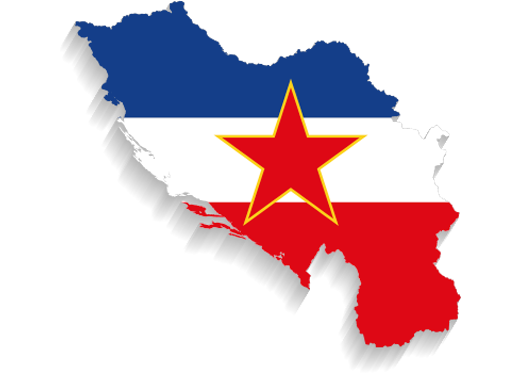(Grant Agreement n. 669194)
Ambassador of Yugoslavia to EEC (1977-1981)
Bora Jeftić was Yugoslavia’s ambassador to the EEC from 1977 to 1981. As such, he was one of the leading actor behind Yugoslavia’s negotiations for the EEC-Yugoslavia Co-operation agreement in 1980. During the turbolent post-1974 period, Jeftić, as his predecessors, was able to keep the balance of bilateral relations with the EEC straight. As his predecessors, he confirmed the Yugoslav embassy to the EEC as a trait-union between the European Commission and the Yugoslav ministries of foreign trade, foreign affairs and finance. In his reports to the Federal executive council (Veselin Djuranović and Stojan Andov) he confirmed the marked political dimension of his mission. Especially after the Soviet intervention in Afghanistan in December 1979, Jeftić confirmed the political dimension of Yugoslavia’s dealings with the EEC.
|
Veselin Djuranović succeeded Dzemal Bijedić as the head of the Federal executive council in 1977. He took this position right after the conclusion of the EEC-Yugoslavia Joint declaration of December 1976. Djuranović confirmed Bijedić’s v... |
|
From the mid-1960s to the late 1970s, Boris Šnuderl was one of the leading actors of Yugoslavia’s policy towards the Western European economic system. A member of the Yugoslav government from 1971 to 1974, he was responsible for Y... |
|
He was deputy-head of the Yugoslav embassy to the EEC throughout the 1970s, representing a factor of continuity of Yugoslavia’s stance in Community Brussels. Working closely with Miloš Oprešnik, Petar Miljević and Bora Jeft... |
|
Milica Žiberna worked uninterruptedly as an Assistant to the Federal foreign trade secretariat throughout the 1970s. In this function, she coordinated relations between the ministerial apparatus and the Yugoslav representation to the EEC. Not ... |
